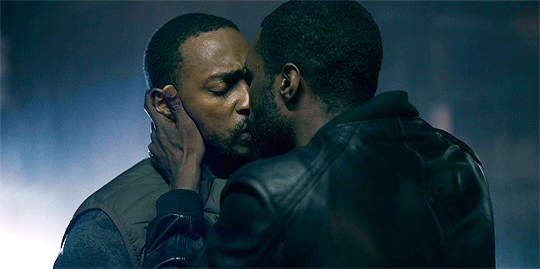winjer
Member
After years of countless missteps and few success stories, Batman: Arkham Asylum’s 2009 debut reinvigorated licensed video games, its innovative combat and compelling use of Metroidvania elements influencing the next-generation of action games and beyond. The title’s critical acclaim and commercial wins resulted in developer Rocksteady Studios shipping a similarly beloved sequel just two years later. With the industry’s Bat-mania in full effect, publisher WB Games had no intention of slowing the momentum and, as such, tasked a relatively new studio—WB Games Montréal—with building Batman: Arkham Origins. The 2013 prequel didn’t garner the adulation commanded by previous entries but it did invite the wider DC universe into the Arkham series, most notably teasing the Suicide Squad via a post-credits scene. Such a teaser fueled rumors about the Montréal outfit’s next game for several years; and when news of its cancellation hit, talk of a Damian Wayne-starring Batman adventure took up all the oxygen. Ultimately, the Arkham Origins creator delivered neither project, instead producing something that focalized the Bat-Family—2022’s Gotham Knights. While the lead up to Gotham Knights’s announcement generated plenty of excitement, the lengthy marketing cycle diluted the anticipation bit by bit. Many players would argue the final product didn’t match the hype at any stage. Technical woes, divisive multiplayer features, and a combat system that discarded the Arkham mechanics left even the most ardent DC fans feeling underwhelmed at best. But within those shortcomings existed echoes of excellence, tender moments with the Caped Crusader’s protégées that hinted at a great Batman experience lying just beyond the margins. This is the tragedy of Gotham Knights.




